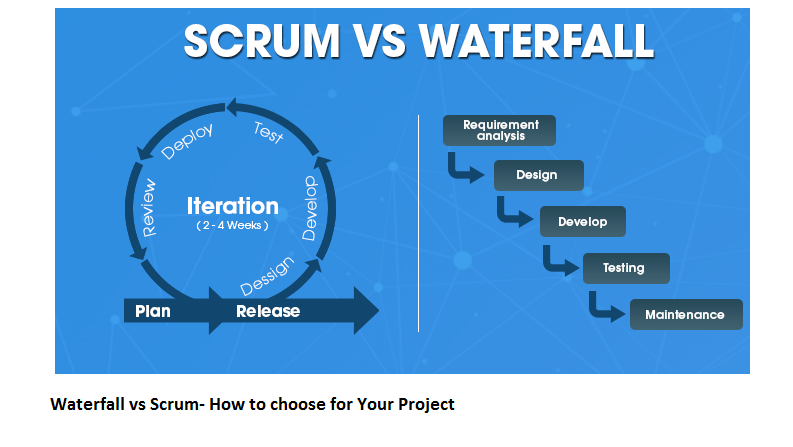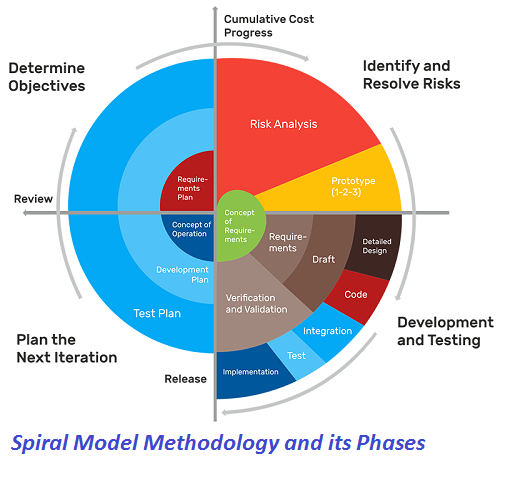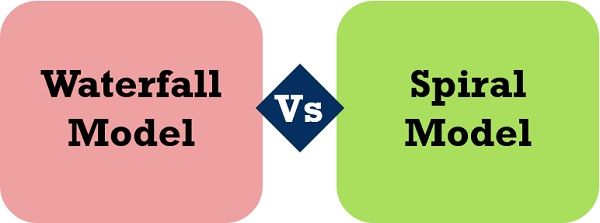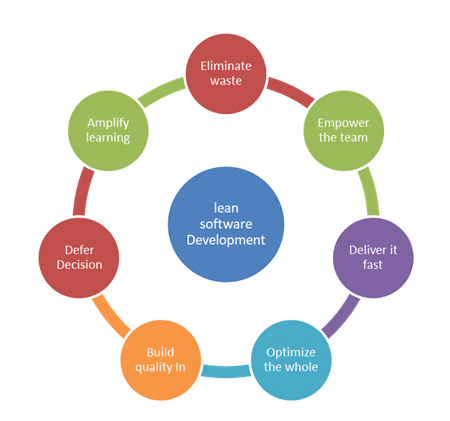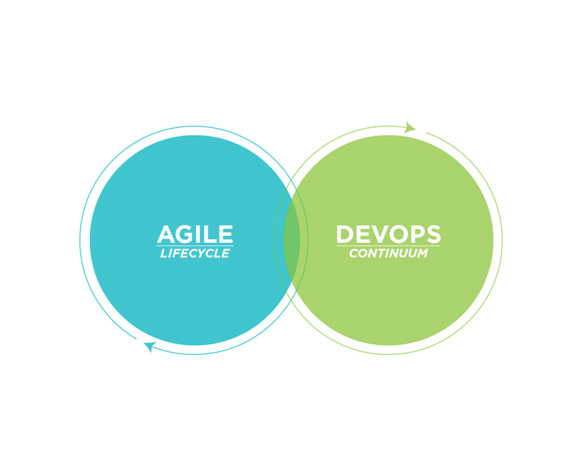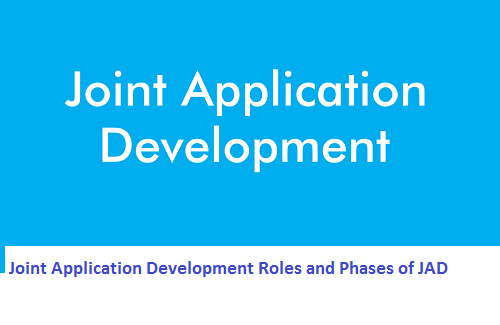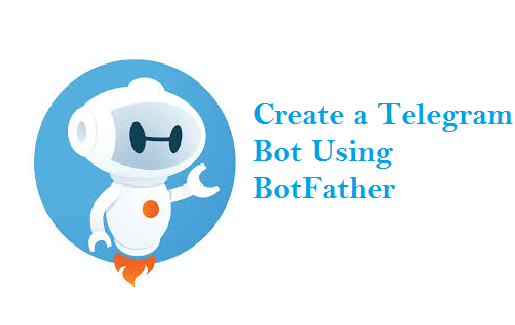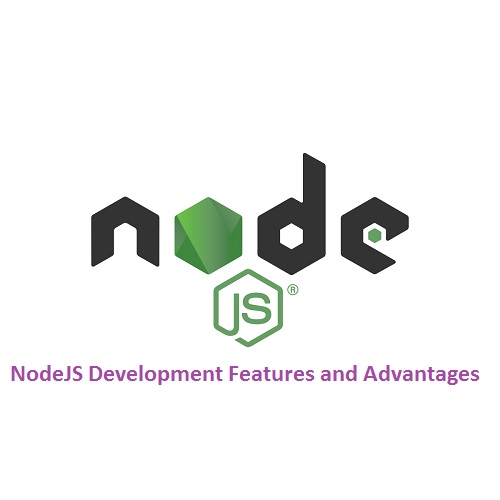JSON Development
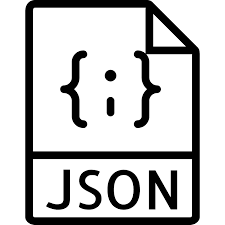
JavaScript Object Notation is a blueprint less, a content-based portrayal of organized information that depends on key-esteem combines and requested records. In spite of the fact that JSON is gotten from JavaScript, it is upheld either locally or through libraries in most significant programming dialects. JSON is ordinarily, yet not solely, used to trade data between web clients and web servers. The fame of JSON has likewise brought about local JSON support by numerous databases. Social databases like PostgreSQL and MySQL now dispatch with local support for putting away and questioning JSON information. NoSQL databases like MongoDB and Neo4j additionally support JSON, however, MongoDB utilizes a marginally altered, twofold form of JSON off camera. JSON is a conventional information group with a negligible number of significant worth sorts: strings, numbers, booleans, records, items, and invalid. In spite of the fact that the documentation is a subset of JavaScript, these sorts are spoken to in all regular programming dialects, making JSON a decent possibility to transmit information crosswise over language holes.
XML Development
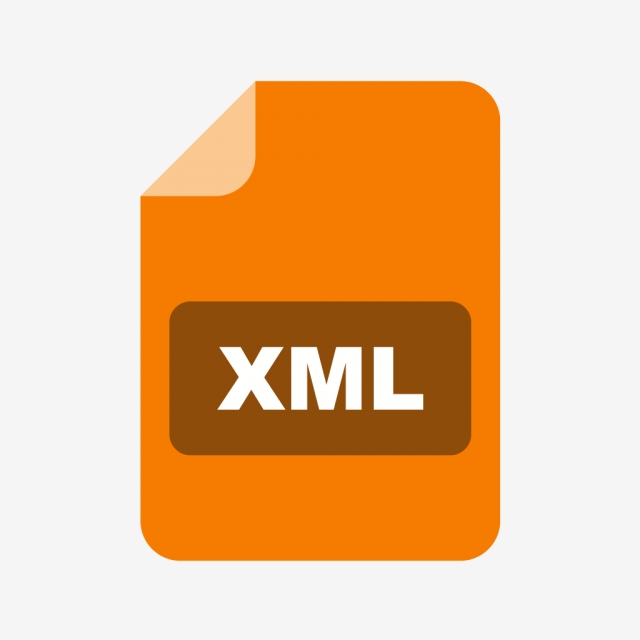 Extensible Markup Language (XML) is a markup language that characterizes a lot of rules for encoding records in an organization that is both intelligible and machine-readable. The design objectives of XML center around simplicity, generality, and ease of use over the Internet. It is a literary information position with solid support by means of Unicode for various human dialects. In spite of the fact that the design of XML centers around reports, the language is broadly utilized for the portrayal of self-assertive information structures such as those utilized in web development. XML information is known as self-depicting or self-characterizing, implying that the structure of the information is implanted with the information, in this way when the information lands there is no compelling reason to pre-assemble the structure to store the information; it is powerfully comprehended inside the XML. The XML arrangement can be utilized by any individual or gathering of people or organizations that need to share data in a steady way.
Extensible Markup Language (XML) is a markup language that characterizes a lot of rules for encoding records in an organization that is both intelligible and machine-readable. The design objectives of XML center around simplicity, generality, and ease of use over the Internet. It is a literary information position with solid support by means of Unicode for various human dialects. In spite of the fact that the design of XML centers around reports, the language is broadly utilized for the portrayal of self-assertive information structures such as those utilized in web development. XML information is known as self-depicting or self-characterizing, implying that the structure of the information is implanted with the information, in this way when the information lands there is no compelling reason to pre-assemble the structure to store the information; it is powerfully comprehended inside the XML. The XML arrangement can be utilized by any individual or gathering of people or organizations that need to share data in a steady way.
- XML represents eXtensible Markup Language
- XML is a markup language like HTML
- XML is designed to store and ship information
- XML is designed to act naturally engaging
JSON
- A fully automated way of de-serializing/serializing JavaScript objects, minimum to no coding
- Very good support by all browsers
- Concise format thanks to name/value pair -based approach
- Fast object deserialization in JavaScript (based on anecdotal evidence )
- Supported by many AJAX toolkit and JavaScript libraries
- Simple API (available for JavaScript and many other languages)
- No help for formal sentence structure definition, subsequently interface contracts are difficult to convey and authorize
- No namespace support, consequently poor extensibility
- Constrained app development instruments support
- Limited center, utilized for RPC just, basically with JavaScript clients (albeit one can contend that it’s one of the qualities)
- No help in Web development-related items (application servers, ESBs, and so on), at any rate not yet
XML
- Designers need to compose JavaScript code to serialize/de-serialize to/from XML
- While XML parsers are incorporated in with every single present-day program, cross-program XML
- parsing can be precarious, e.g., see this article
- A verbose group in view of labels and namespaces
- More slow de-serialization in JavaScript (in view of narrative proof )
- Not very much upheld by AJAX toolbox
- Increasingly mind-boggling APIs
- XML Schema or DTD can be utilized to characterize language structures
- Great namespace support, a wide range of extensibility alternatives in Schema
- Upheld by a wide exhibit of development and others (e.g., change) apparatuses
- Wide center – can be utilized for RPC, EDI, metadata, and so on
- Upheld by all Web development items

